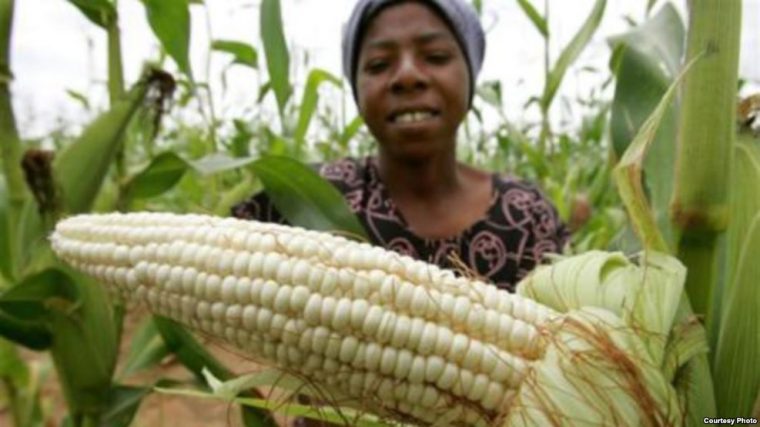A team of young Zimbabwean innovators is launching a new social venture that will improve the health and livelihoods of farmers in Domboshava village, one of the country’s most food-insecure communities.
Founded by Arizona State University students Clive Matsika, 22, and Lincoln Mtemeri, 21, Agrimatters is betting that Greenfert, an organic fertilizer made from animal and plant residues, could hold the key to improving crop yields and reducing the incidence of nitrate poisoning among the children of smallholder farmers.
“When the right seeds are planted at the right time, and with the correct amount of fertilizer, an average plot of land in rural Zimbabwe is capable of sustaining a family of up to five children,” explained Lincoln.
The high cost of synthetic fertilizers, which sell for approximately $25 per 20 kg and are mostly imported from other countries, has contributed to low yields among smallholder farmers, who often cannot afford to boost their crops with fertilizer.
“A farmer in Domboshava village, which produces one of Zimbabwe’s lowest annual maize yields, will need to save almost 50 percent of his income to purchase the fertilizer, meaning he cannot sustain his family’s needs as required,” continued Lincoln.
Greenfert has already earned a license from the Zimbabwean government through the Ministry of Agriculture after testing the fertilizer samples, which were found to be suitable for agricultural use, and it has been registered under the Coley Chemicals partnership.
“Agrimatters will collect garbage from boarding schools and combine it with readily available animal matter, plant residues, and ash to create the golden product, Greenfert. This organic fertilizer is created by raw materials from the community,” said Clive.
Clive said that it is not yet clear how much the fertilizer will cost on the market. Zimbabwe’s fluctuating economy, political upheavals, and use of both American and Zimbabwean bond note currency complicate matters. However, the Agrimatters team believes that the costs of raw materials will determine price over the longer term.
“Political instability in Zimbabwe has had an impact on the basic price we intended to charge for each bag. We are currently conducting thorough market research to compare costs of organic and synthetic fertilizers,” said Clive.
“Prices can vary whether you are using cash or a debit card. Bearing all these factors in mind, it means that I might have to buy the raw materials at a very cheap price or get them for free, then give a discount when selling the final product to these villagers. We aim to benefit at least 100 of the total 300 farmers in Domboshava village by the end of 2018.”
The Agrimatters Initiative team won the Resolution Social Venture Challenge at the Mastercard Foundation Baobab Summit in Johannesburg in 2017, a competition that rewards compelling leadership and promising social ventures led by youth.
Continued next page
(129 VIEWS)
